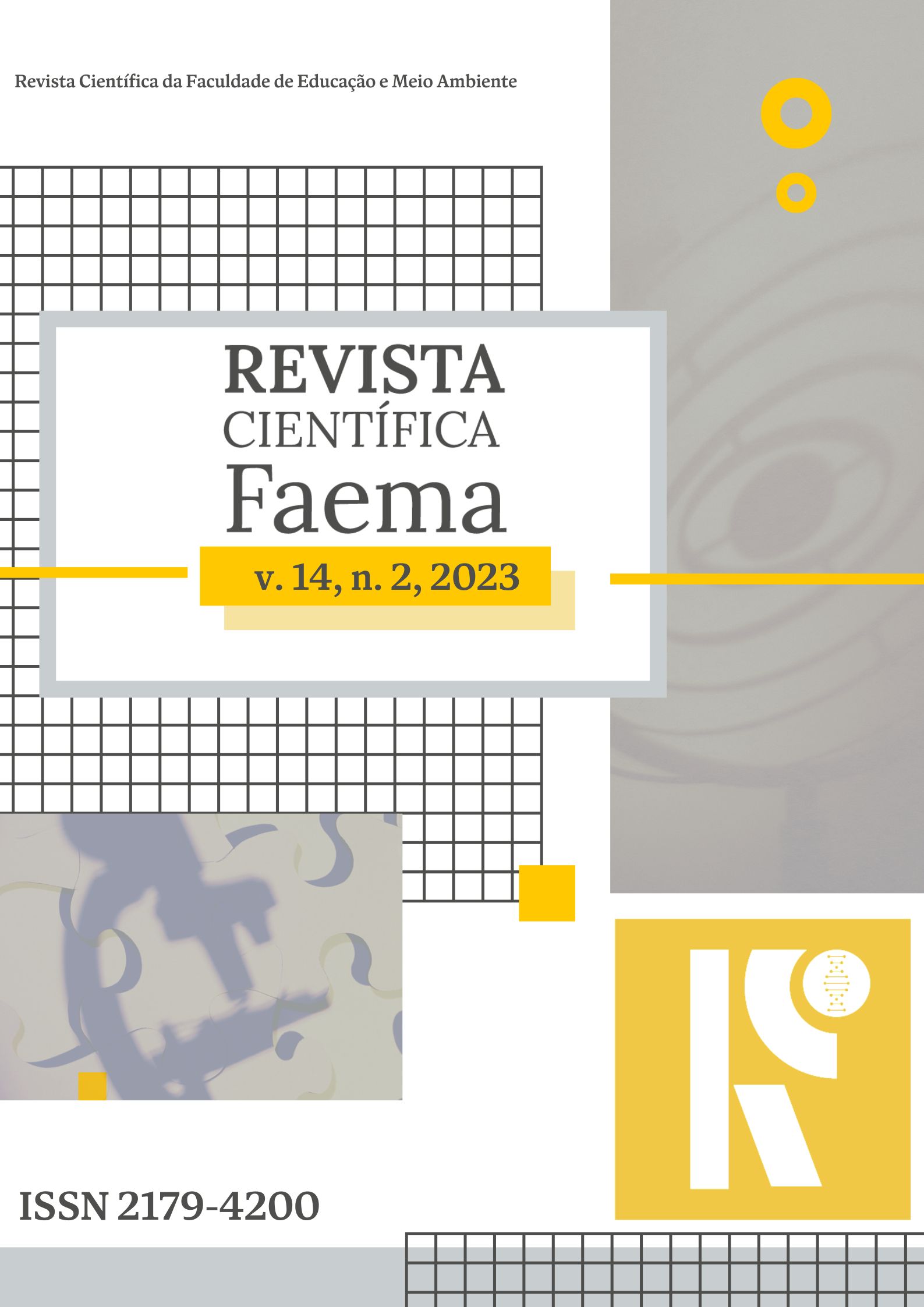GENOTOXICITY, PROLIFERATIVE CAPACITY AND PHYTOCHEMICAL ANALYSIS OF AQUEOUS EXTRACTS OF Origanum majorana L.
Main Article Content
Abstract
The present work aimed to analyze the genotoxicity and proliferative capacity of aqueous extracts of marjoram leaves on the cell cycle of Allium cepa L., in addition to verifying the phytochemical composition through chromatography. dThe evaluation of genotoxicity and proliferative activity, using the Allium cepa test, was carried out in the laboratory using a completely randomized design with 6 groups of bulbs in 5 repetitions. The treatments consisted of distilled water, 2% glyphosate, infusion of marjoram leaves with concentrations of 6 and 12 g L-1. These treatments were divided, based on two methods of leaf drying: at room temperature (natural) in the shade and in a microwave oven, in order to compare the phytochemical composition of the aqueous extracts. For the genotoxic analysis and the proliferative capacity, slides were prepared using the technique of crushing the meristematic region of the root and staining with 2% acetic orcein, allowing the observation of the different phases of mitotic division during the cell cycle. The results obtained through the Allium cepa test demonstrate that treatments with marjoram infusions have an antiproliferative and genotoxic effect. The chromatographic analysis indicated that the major components of the aqueous extracts were chlorogenic acid, rosmarinic acid and gallic acid.


